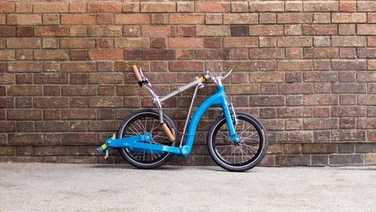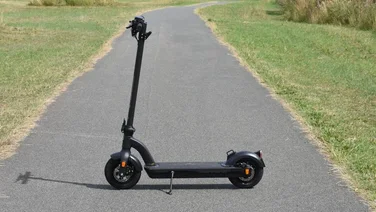To help us provide you with free impartial advice, we may earn a commission if you buy through links on our site. Learn more

Dyson has announced plans to expand its UK research and development laboratories in a £250 million investment that could see the company expand beyond vacuum cleaners and bladeless fans, as it prepares to hire 3,000 new employees – including 1,000 engineers specifically to expand the business into new areas.
The Wiltshire-based R&D labs have been given the go-ahead to expand in a phased plan that will see an entirely new laboratory completed by 2016 and up to 3,000 new jobs created across Dyson’s many divisions. The first phase will include hiring new engineers and scientists, which will be tasked with expanding Dyson’s material science programme, focus on motor and electronic research, and continue experiments with noise cancelling technologies like the helmholtz resonators used in the Dyson Cinetic DC54 vacuum.
There will also be a dedicated space for robotics projects, reaffirming Dyson’s research into robot vacuums. The company has experimented with robot vacuums in the past, but a retail product never arrived as the company wasn’t convinced the technology was ready for the public. With more manpower behind the research, that could change in the coming years. The robotics team will also look for other uses for the technology.
So-called Ideas spaces will be used to help create more patentable technology, with Dyson expecting to spend over £4 million each year on filing and securing patents.
We are ambitious and its through research and development that developments in technology come about,” company founder James Dyson said of the announcement. “Well be looking for 3,000 engineers to deliver Dysons pipeline of technology, but we need four hundred of Britains brightest right away our ideas simply cant wait.
The new labs will continue to work in partnership with UK universities including Cambridge, Imperial and Newcastle, with the 400 new engineering positions opened to graduates as well as specialised engineers.






